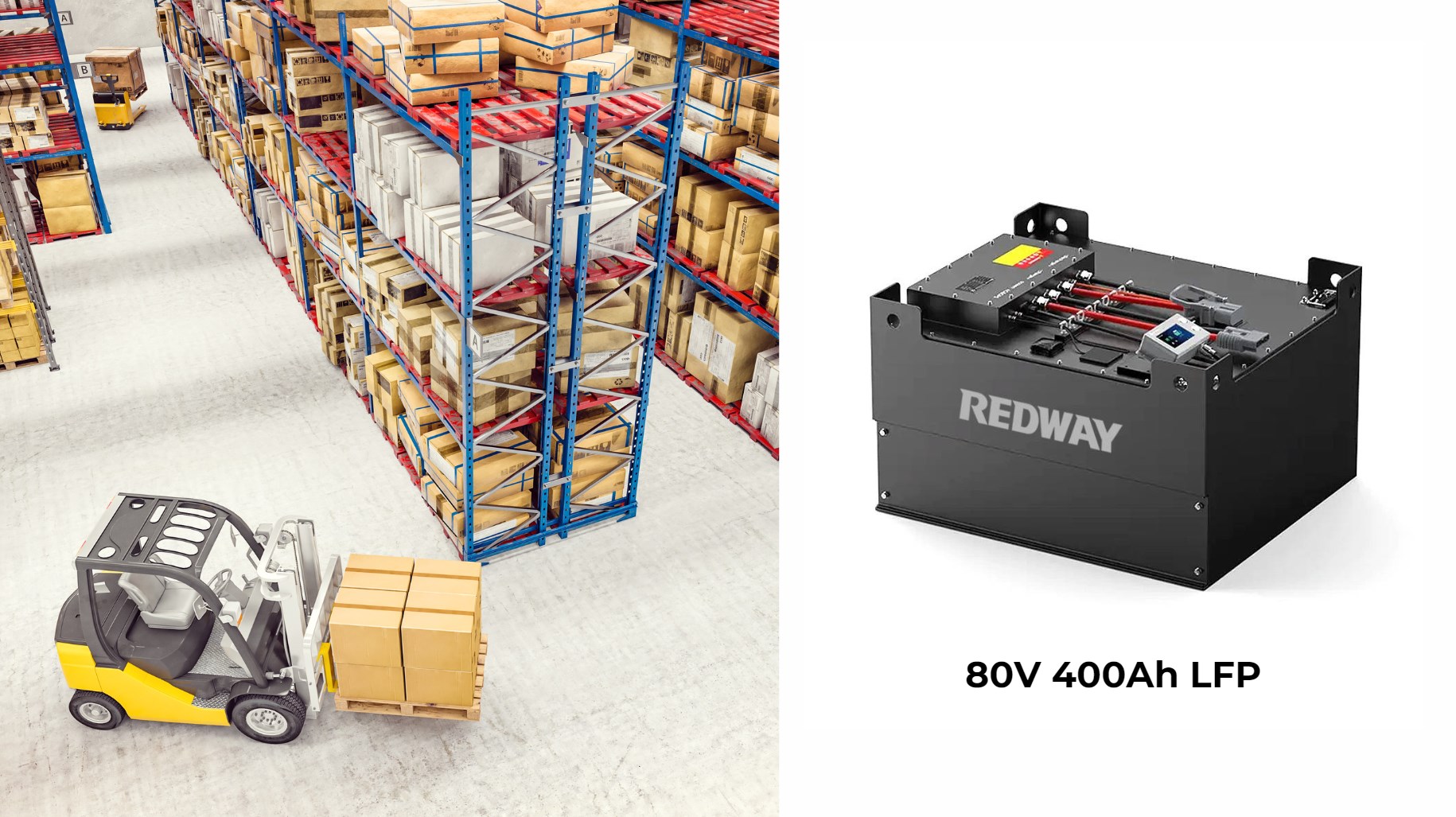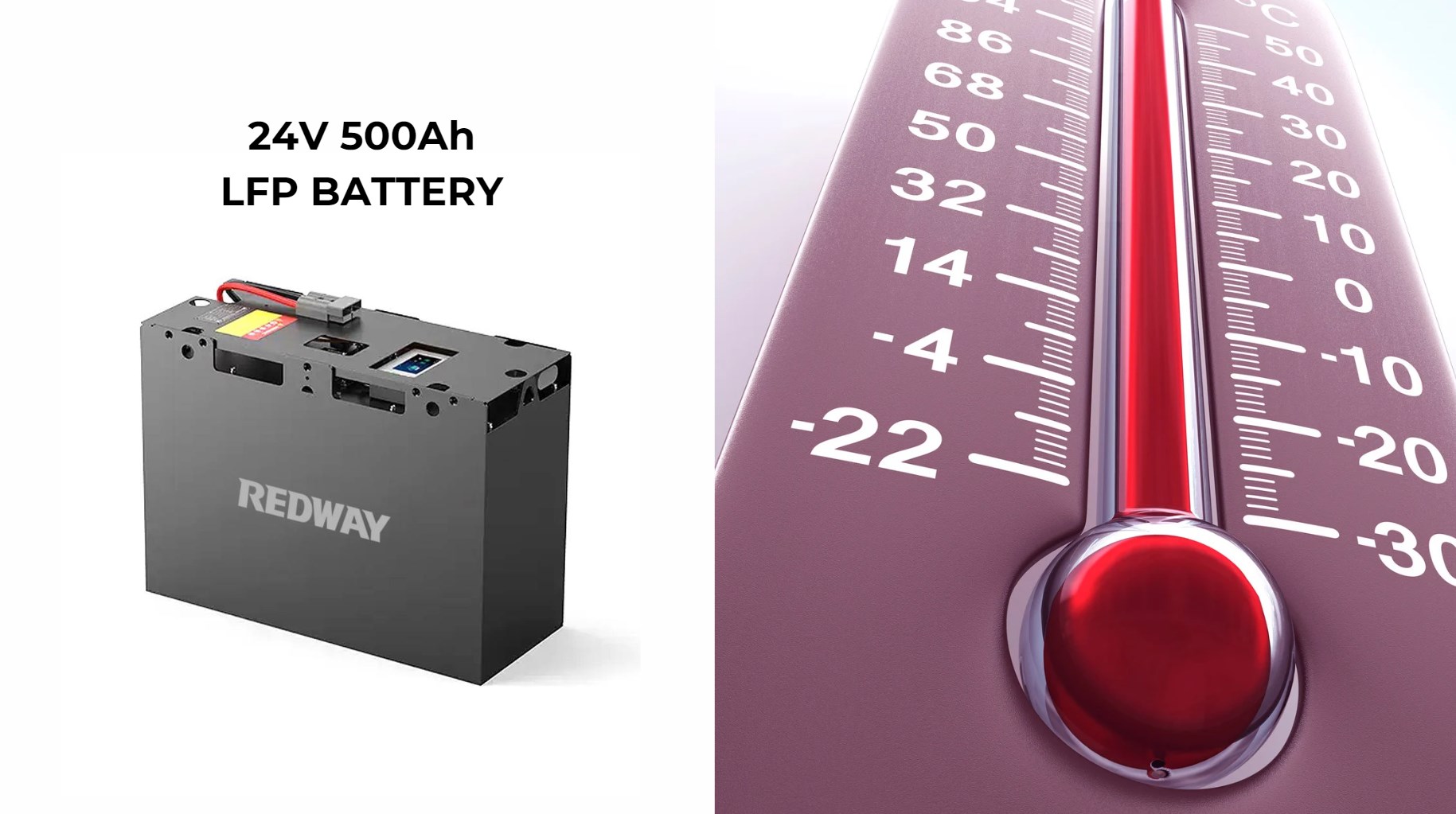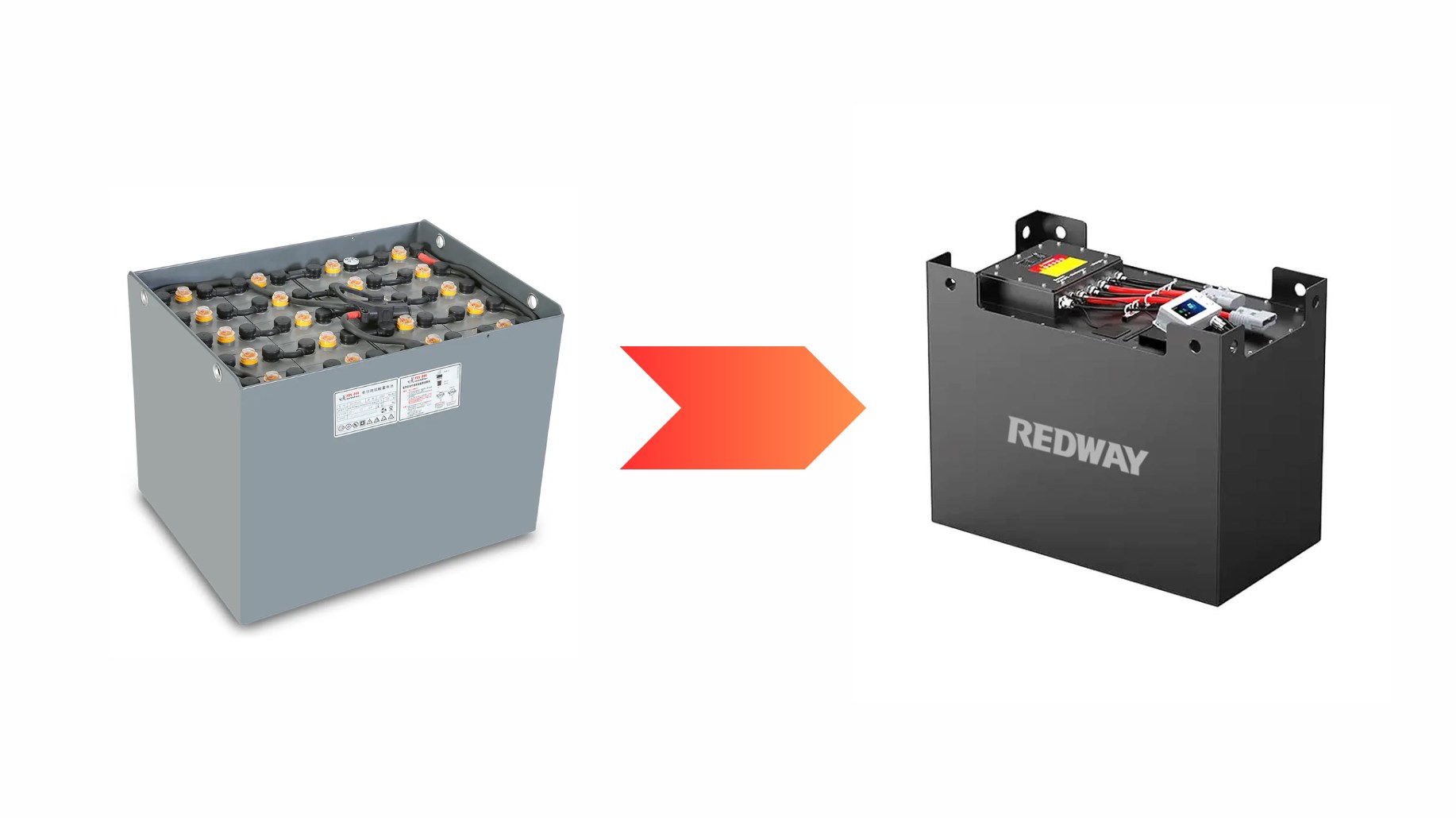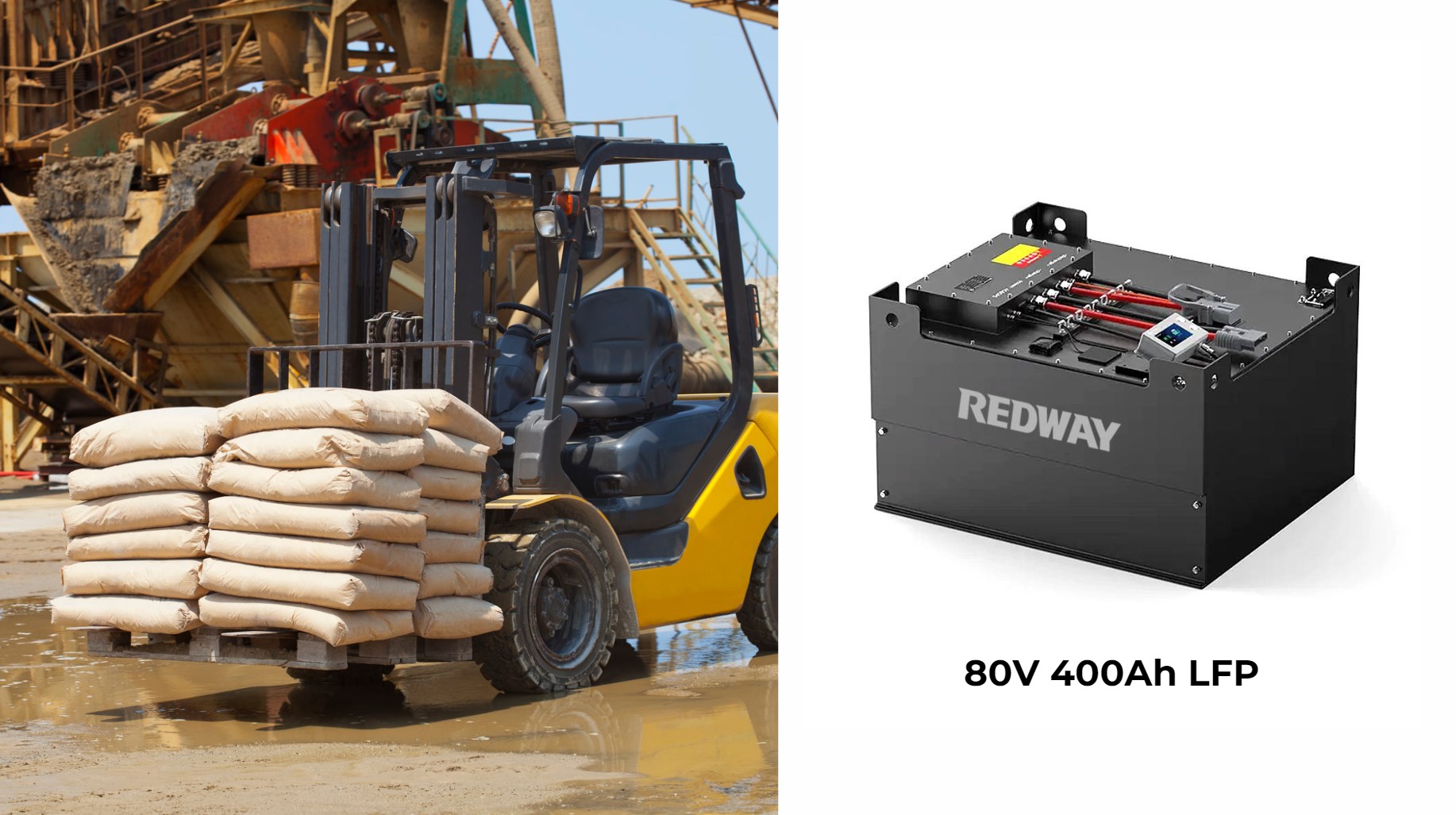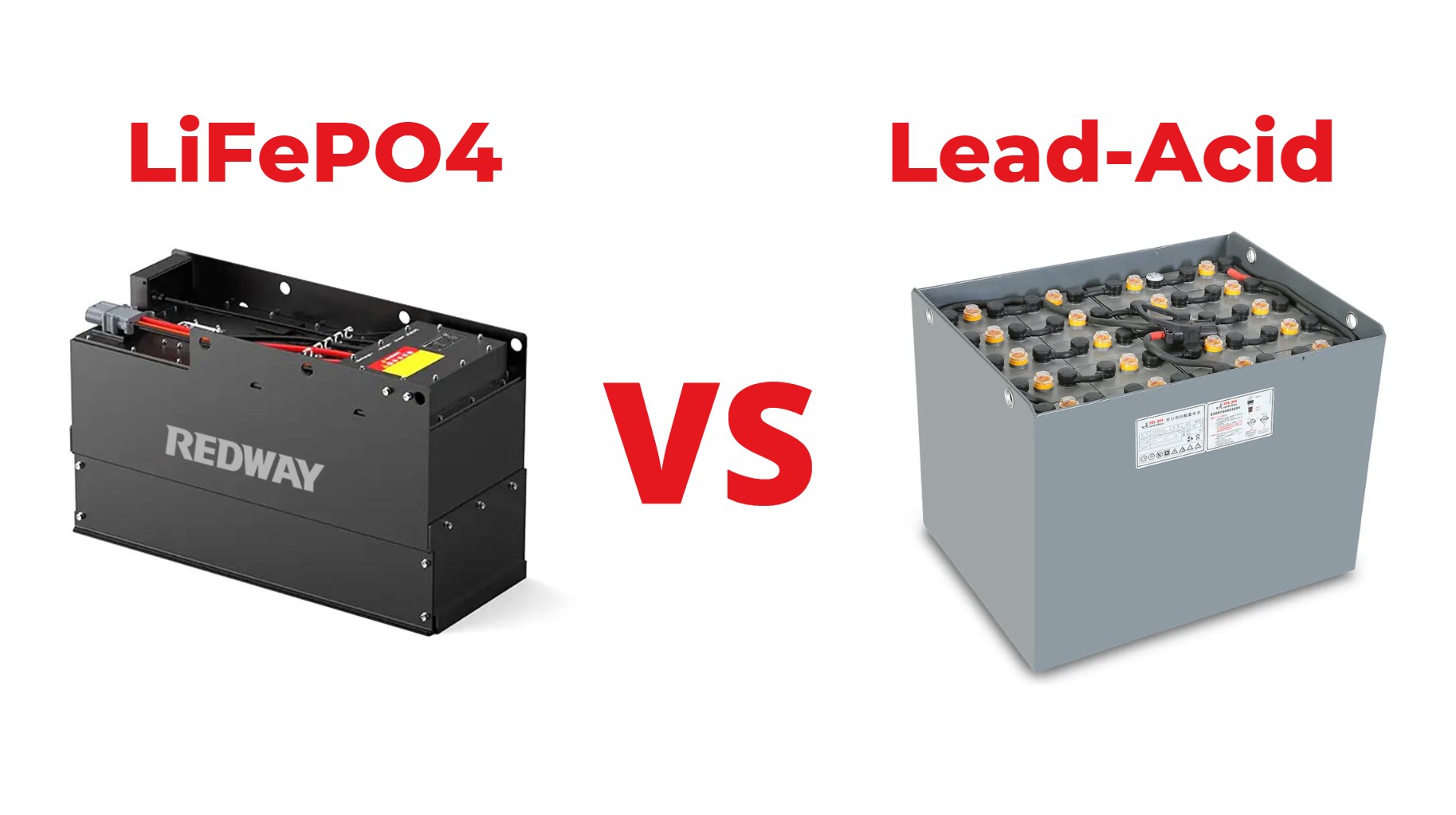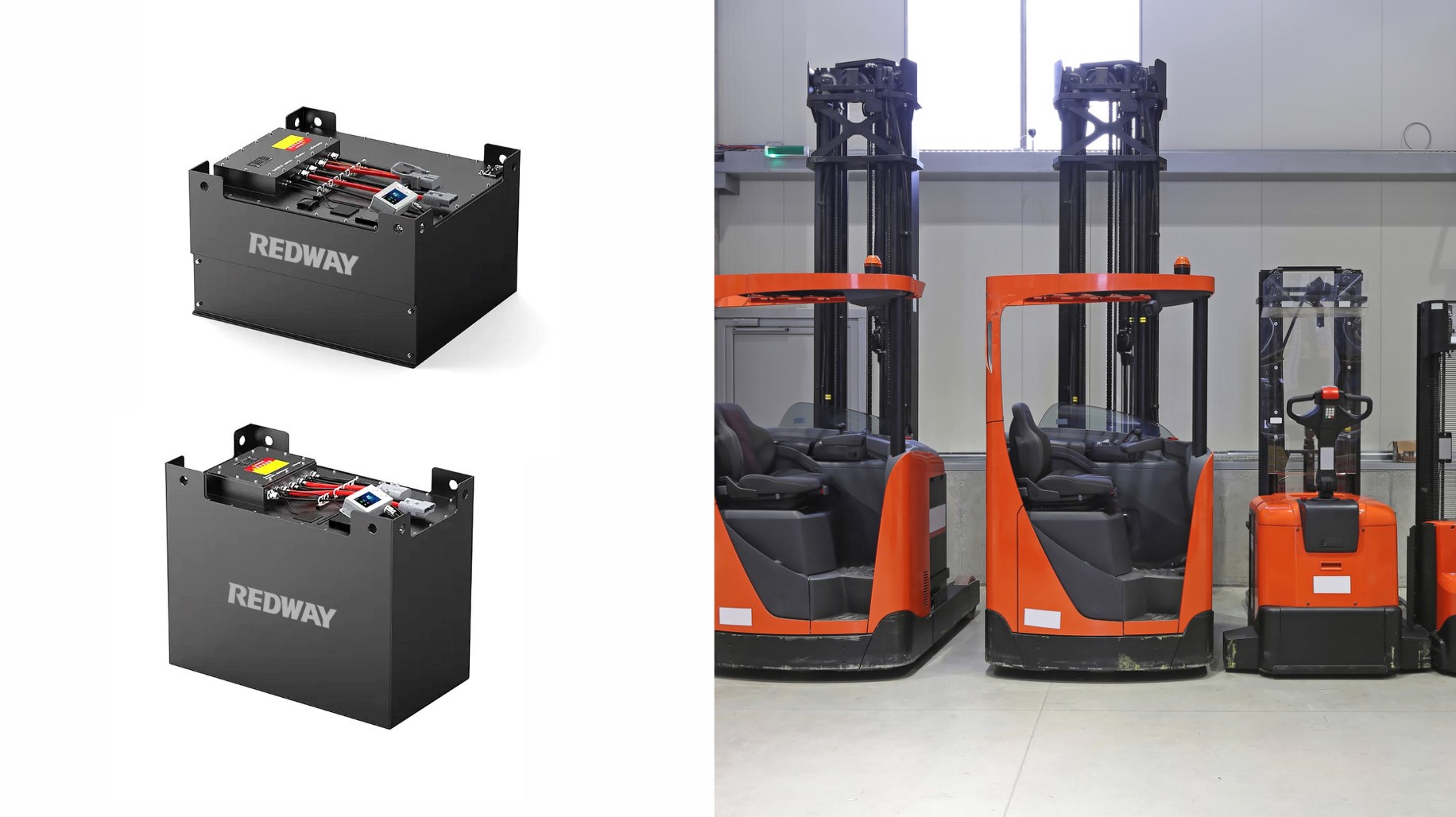How Does a Heated Apparel Battery Work? An In-Depth Exploration
Understanding Heated Apparel Technology
Heated apparel, including jackets, vests, gloves, and socks, integrates electrical heating elements to provide warmth. The core component of this system is the heated apparel battery, typically a lithium-ion battery, which powers the heating elements embedded within the clothing. To appreciate how these systems work, it’s essential to understand the interplay between the battery, heating elements, and overall garment design.
The Role of the Battery in Heated Apparel
Lithium-Ion Batteries: The Powerhouse
Lithium-ion batteries are the preferred choice for heated apparel due to their high energy density, long cycle life, and compact size. These batteries are rechargeable, offering convenience and sustainability. They work by storing electrical energy in chemical form and converting it into electrical power when needed. This power is then transmitted to the heating elements embedded in the garment.
Battery Placement and Connection
In heated apparel, the battery is strategically placed in a designated pocket or compartment within the garment, ensuring both accessibility and safety. The battery connects to the heating elements via a series of wires and connectors. These connections are designed to be robust and secure to withstand the rigors of everyday use and laundering.
Heating Elements: The Technology Behind Warmth
Resistance Wire Technology
The heating elements in heated apparel consist of resistance wires, typically made from materials like stainless steel or carbon fiber. When electricity flows through these wires, they generate heat due to the electrical resistance. This process is similar to how a toaster or an electric heater functions. The wires are carefully woven or stitched into the fabric, ensuring even heat distribution across the garment.
Heat Distribution and Control
The design of heated apparel ensures that heat is distributed evenly throughout the garment. Modern heated clothing often includes multiple heating zones, allowing for targeted warmth in areas such as the chest, back, and hands. The heat output can usually be adjusted through a control button or mobile app, providing users with the ability to customize their level of comfort based on external temperatures and personal preferences.
Activating and Using Heated Apparel
Powering On
To activate the heating elements, users simply press the power button located on the battery or control panel of the garment. This action initiates the flow of electricity from the battery to the resistance wires, starting the heating process. Most heated apparel systems are designed to reach their optimal temperature within 30 seconds to a minute, offering rapid warmth.
Temperature Settings and Controls
Many heated apparel systems feature multiple heat settings, allowing users to select their preferred level of warmth. These settings are typically indicated by LED lights or a digital display on the control panel. Adjusting the temperature helps in managing battery life and tailoring the warmth to different activities and weather conditions.
Battery Life and Recharging
The battery life of heated apparel depends on several factors, including the heat setting used, the capacity of the battery, and the duration of use. On average, users can expect several hours of warmth on a single charge. To maintain optimal performance, it is crucial to follow the manufacturer’s guidelines for recharging and storing the battery. Most batteries can be recharged using a standard USB charger, making the process both simple and efficient.
Maintenance and Care
Cleaning Heated Apparel
Proper maintenance is essential to prolong the lifespan of heated apparel. While many garments are designed to be machine washable, the battery and heating elements should be removed or protected before washing. Always follow the manufacturer’s care instructions to avoid damaging the electrical components.
Storage Tips
When not in use, it is advisable to store heated apparel in a cool, dry place. Avoid exposing the battery to extreme temperatures or moisture, as this can affect its performance and longevity. Proper storage also helps in maintaining the overall condition of the garment.
The Benefits of Heated Apparel
Enhanced Comfort in Cold Weather
Heated apparel provides significant benefits in cold weather, including increased comfort and reduced exposure to cold-related health issues. By offering consistent warmth, these garments help in maintaining body temperature, which is crucial for activities such as skiing, hiking, or simply commuting in winter conditions.
Convenience and Versatility
One of the main advantages of heated apparel is its convenience. Unlike traditional layering, heated clothing offers a more streamlined solution, eliminating the need for multiple layers of bulky clothing. The ability to adjust warmth levels on demand adds to the versatility of these garments.
Energy Efficiency
Modern heated apparel is designed to be energy efficient, providing ample warmth with minimal battery usage. This efficiency ensures that users can enjoy extended periods of warmth without frequent recharging, making it an ideal choice for long outdoor activities.
Conclusion
Heated apparel represents a significant advancement in cold-weather gear, combining innovative heating technology with user-friendly features. By understanding the intricate workings of heated apparel batteries and the overall system, users can fully appreciate the benefits of this technology. From rapid heating to customizable warmth and efficient battery usage, heated apparel offers a modern solution to staying warm in even the harshest conditions.
Whether for outdoor adventures or everyday use, investing in high-quality heated apparel ensures optimal comfort and functionality. Embrace the future of warmth with heated clothing and experience the unparalleled convenience of a well-designed heating system.

